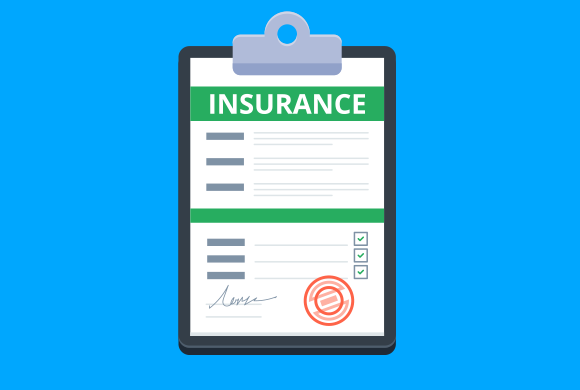Zero Depreciation & Return to Invoice covers in Vehicle Insurance – A Comparison
01 Oct 2021

Securing your vehicle with an insurance policy protects you against financial losses that may arise from third-party liabilities or damages to your vehicle. While the government of India mandates all vehicle owners to buy third party insurance, a comprehensive cover option is the better option. While comprehensive insurance plans offer more protection to your vehicle from unforeseen damages, they do not cover vehicle depreciation and the cost of ownership. You can, however, obtain this coverage by paying an additional premium or opting for add-on riders. Two of the most common types of riders that guarantee additional protection to your vehicle are zero depreciation cover and return to invoice cover. Let us compare the differences between zero depreciation & return to invoice covers.
What is Zero Depreciation Cover?
With regular usage, the value of your vehicle depreciates over a period of time. Depreciation of the vehicle’s value is primarily caused due to the wear and tear of its parts. As the vehicle’s market value reduces, so does the cost of the claims filed against it. In case your vehicle is damaged in an accident, the insurance company will cover the repair costs after deducting the depreciation of the parts that have been repaired or replaced.
However, you can ensure you get sufficient coverage against claims by opting for the zero-depreciation add-on rider. If you have the Zero Depreciation car insurance add-on, you become eligible to claim the depreciation value, which saves your out-of-pocket expenses. You can buy this add-on for up to 5 years from the date of purchasing the vehicle. Also, insurers typically set a limit on the number of zero depreciation and basic insurance claims you can file during a year. Note that under a Zero Depreciation cover, the insurer may deduct some mandatory and voluntary deductibles.
What is Return to Invoice?
In the case of a comprehensive insurance plan, the premium charged by insurers is mainly based on the approximate market value of the vehicle. This value is known as the Insured Declared Value (IDV). During accidents in which your vehicle is damaged beyond repair or if it is stolen, the insurer will pay you the approximate market value of your vehicle at that point in time. The insurer considers the necessary deductibles and depreciation of the vehicle while making the payment against such claims.
However, with the Return to Invoice add-on, your insurer will pay the purchase or invoice value of the bike, including registration charges and road tax. This add-on is only applicable if the cost of repairs exceeds 75% of the IDV and the vehicle is less than three years old. You should ideally opt for the RTI in car insurance add-on if you live in an accident-prone area. However, the RTI add-on is typically expensive and can increase your premium amount considerably.
Difference Between Zero Depreciation & Return to Invoice?
There are three fundamental differences between zero depreciation and return to invoice covers.
- A Zero Depreciation car insurance add-on covers the depreciation of your vehicle’s parts being repaired or replaced. A Return to Invoice add-on covers the purchase or invoice value of the vehicle in case it is stolen or is damaged beyond repair.
- Zero Depreciation covers bridge the gap between the cost of the parts that need repair or replacement and their deprecation value. Return to Invoice covers bridges the gap between the purchase cost and the IDV.
- You can get zero depreciation coverage for up to 5 years from the time you buy your vehicle, whereas the RTI add-on is available for only three years from the time of purchasing the vehicle.
Final Note: Insurance add-ons are a great way to enhance your insurance policies since they cover losses not covered by the base plan. Depending on where you live and the kind of coverage you need, you should choose suitable add-ons that enable you to get maximum benefit.
Disclaimer: For more details on risk factors, terms & conditions please read sales brochure carefully before concluding a sale. *The discount amount will vary subject to vehicle specification and place of registration
